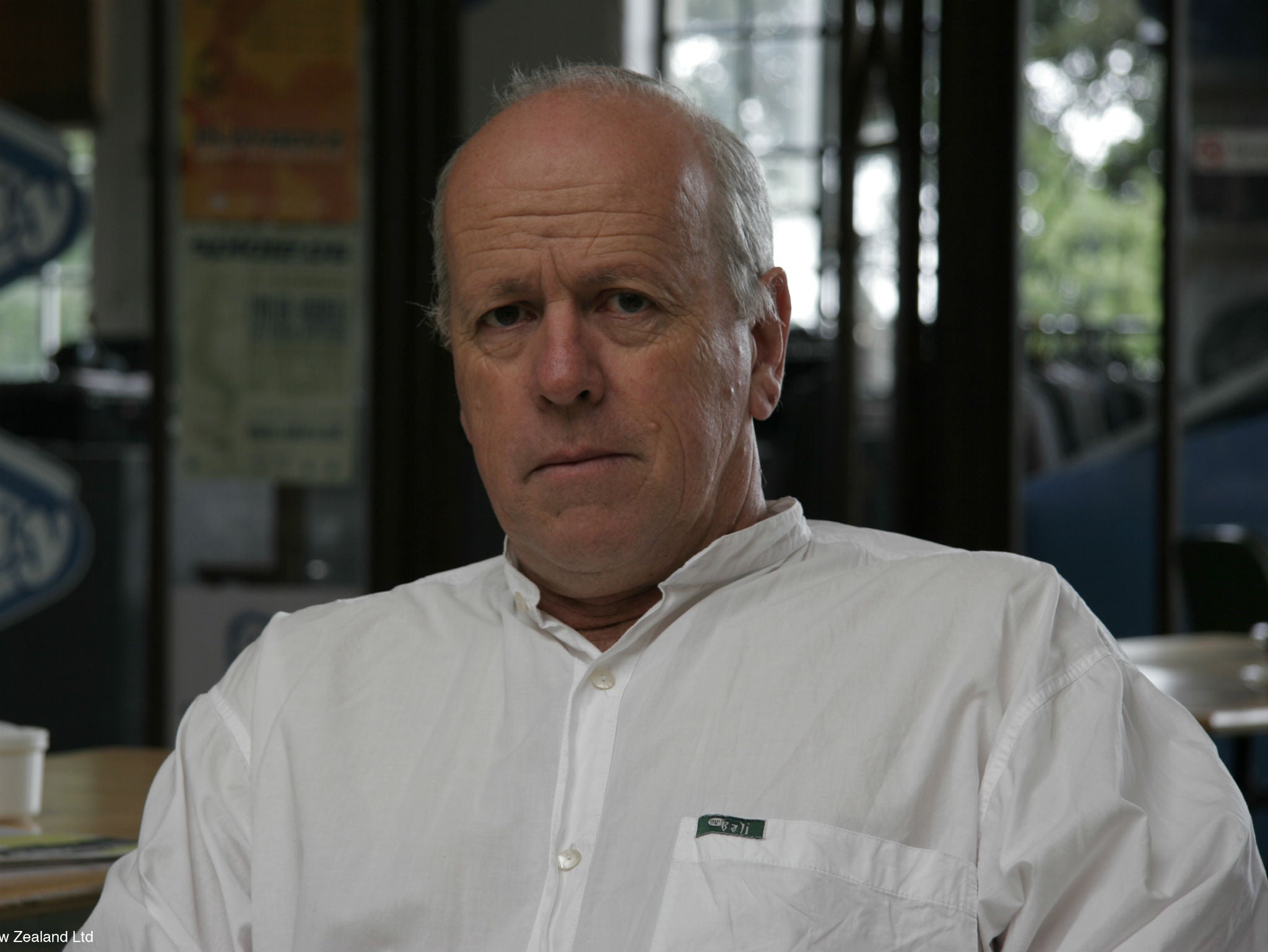Young adult novel Into the River banned in New Zealand over 'sexual content and drug taking'
Organisations that have condemned the ban say it is 'concerning' for freedom of speech

Your support helps us to tell the story
From reproductive rights to climate change to Big Tech, The Independent is on the ground when the story is developing. Whether it's investigating the financials of Elon Musk's pro-Trump PAC or producing our latest documentary, 'The A Word', which shines a light on the American women fighting for reproductive rights, we know how important it is to parse out the facts from the messaging.
At such a critical moment in US history, we need reporters on the ground. Your donation allows us to keep sending journalists to speak to both sides of the story.
The Independent is trusted by Americans across the entire political spectrum. And unlike many other quality news outlets, we choose not to lock Americans out of our reporting and analysis with paywalls. We believe quality journalism should be available to everyone, paid for by those who can afford it.
Your support makes all the difference.An award-winning young adult novel has been banned in New Zealand following complaints about the book’s depiction of drug taking and sexual content.
Into the River by New Zealand author Ted Dawe has been placed under an interim ban, making organisations who knowingly supply the banned book liable to fines of up to $10,0000.
The novel, about a Maori boy who faces bullying and racism, won the top prize at the New Zealand Post Children’s Book Awards in 2013.
Dr Don Mathieson, president of the Film and Literature Board of Review, issued the Interim Restriction Order banning the sale or distribution of Into the River. It is the first time the ban has been used in more than 20 years.
“The correct classification of Into the River under the Act will operate as a semi-precedent, and will exert a significant influence upon other decisions portraying teenager sex and drug-taking,” he said.
Family First, a conservative lobbying group that campaigned for the ban, disagreed with the novel’s explicit descriptions and drug use, as well as an offensive term for female genitalia.
In a statement, the organisation said: “We’ve empowered parents to start expressing their concerns about books more. We believe the censor is out of touch with material parents don’t want their kids to be reading.”
Joanna Matthew, executive director of the Library and Information Association of New Zealand, said the banning of Into the River was “concerning” for freedom of speech in New Zealand.
“I have read the book, and while there is content in there that is confronting it doesn’t warrant being banned.
“A key principle underlying the library and information profession is freedom of access to information. Individuals should have the ability to make their own decisions about what is suitable.
“By burying a story that actually reflects real societal issues we fail to create an environment where we can effectively address them.”
Join our commenting forum
Join thought-provoking conversations, follow other Independent readers and see their replies
Comments